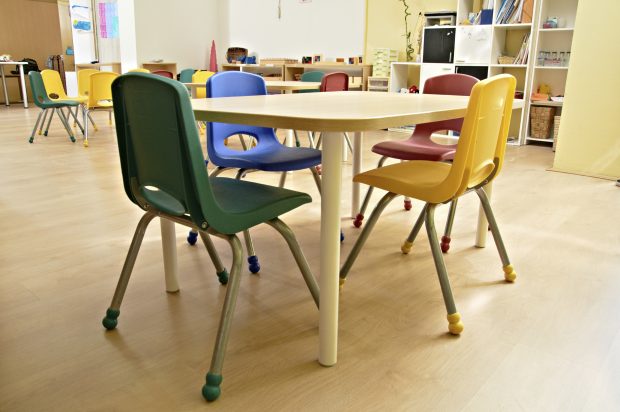New stress-free progress measures for children in reception

Reception Baseline Assessment Pilots
Today, Tuesday 5 November, the Guardian published an article which looks at the reaction from teachers to the Reception Baseline Assessment (RBA).
The RBA has been piloted in 9,000 schools and nurseries in England in the past six weeks. The article reports that the programme has been well received by headteachers, who note that the children seemed to enjoy the assessments.
A Department for Education spokesperson said:
We are confident that the Reception Baseline Assessment will lighten the load for schools, who will no longer have to carry out whole-class assessments at the end of year 2 or deal with the test papers and administration that comes with that, while also being stress-free for children.
Early feedback from the Reception Baseline Assessment pilot suggests that the pilot was received positively.
We have given schools the flexibility on when and how they can carry out the assessments, and we would not expect it would be necessary to provide teaching cover while it takes places.
Unregulated Care Homes
On Monday 4 November, BBC News ran a package on unregulated care homes and the placement of children under the age of 16 in this kind of accommodation.
This is the latest report in a series of investigations the BBC has carried out. Monday’s piece claimed that young people placed in unregulated, or semi-independent accommodation have gone missing or are at risk of sexual assault.
We are clear that every council is legally required to ensure the accommodation they provide to children in or leaving care is high-quality and, most importantly, safe. Councils are held accountable for the care they provide to vulnerable children by Ofsted and it is unacceptable for any child to be placed in provision that does not meet their needs, for any period of time.
The Department continues to work closely with Ofsted, and the Education Secretary Gavin Williamson has met with them and others from the sector to consider where further action should be taken to ensure children are in safe and secure accommodation.
We are investing in programmes that support young people in or leaving care to remain with trusted carers until they are older, and helping improve local responses when a child in care goes missing, as well as to tackle the risks vulnerable young people face, like exploitation from ‘county lines’ gangs, through our £2 million national programme.











Responses